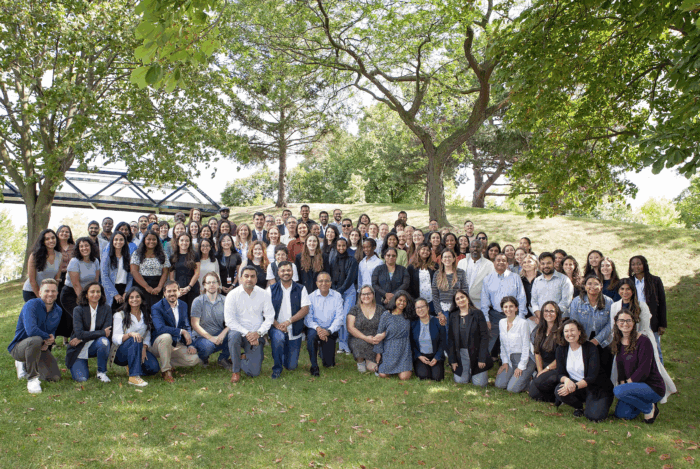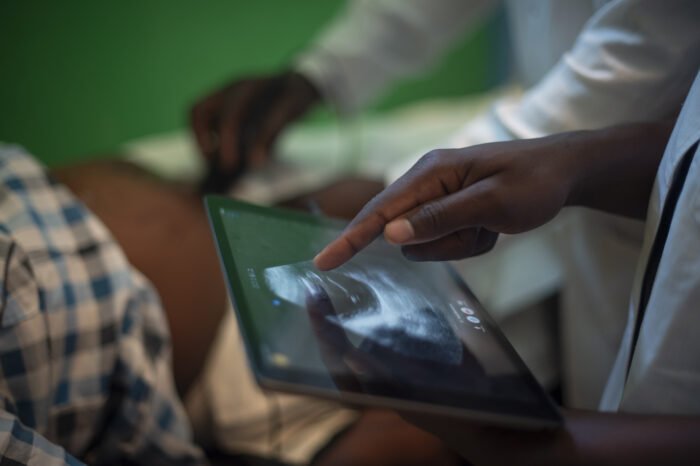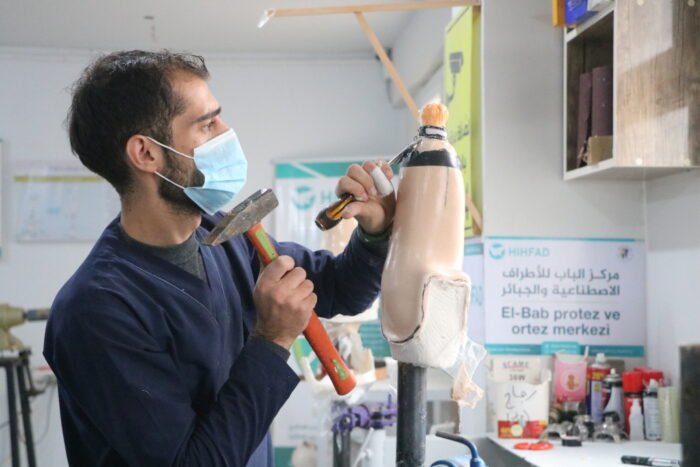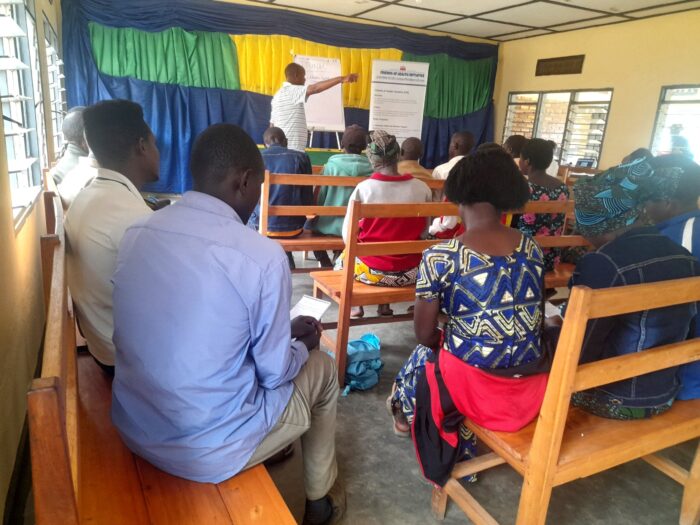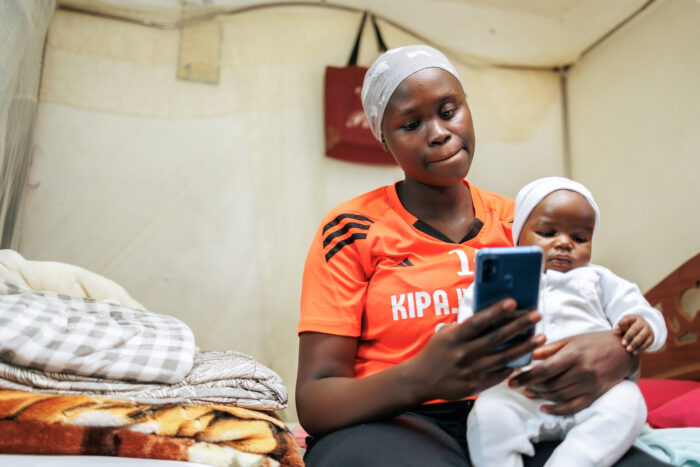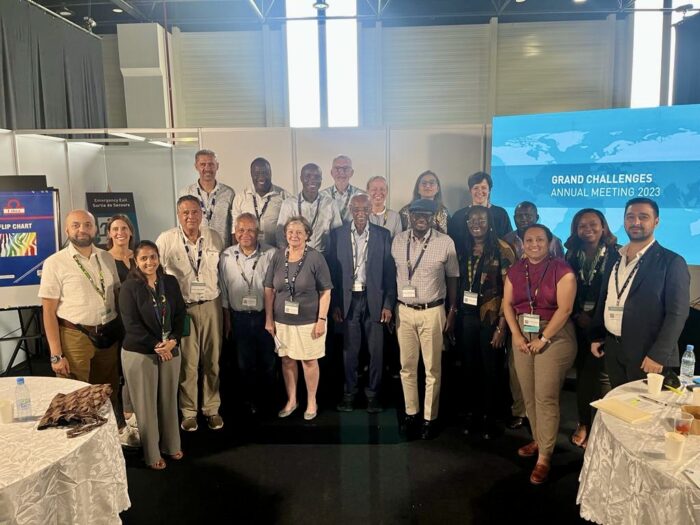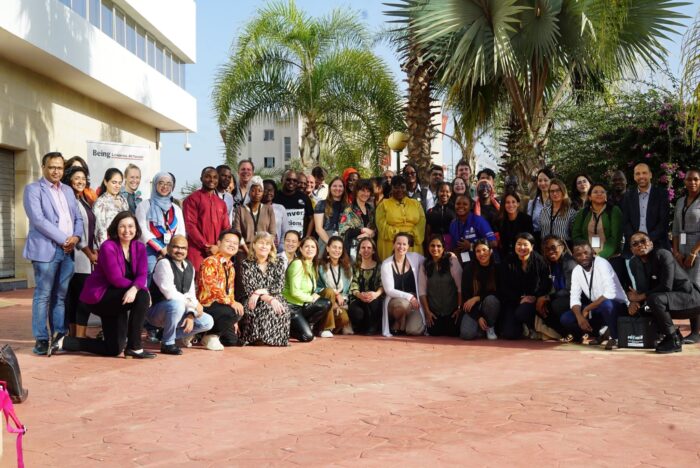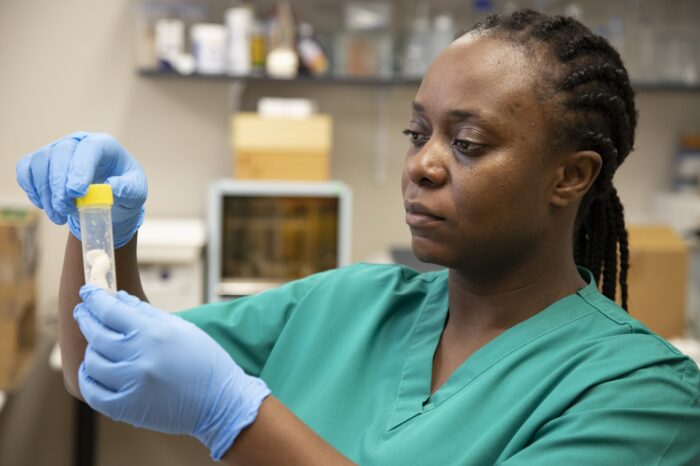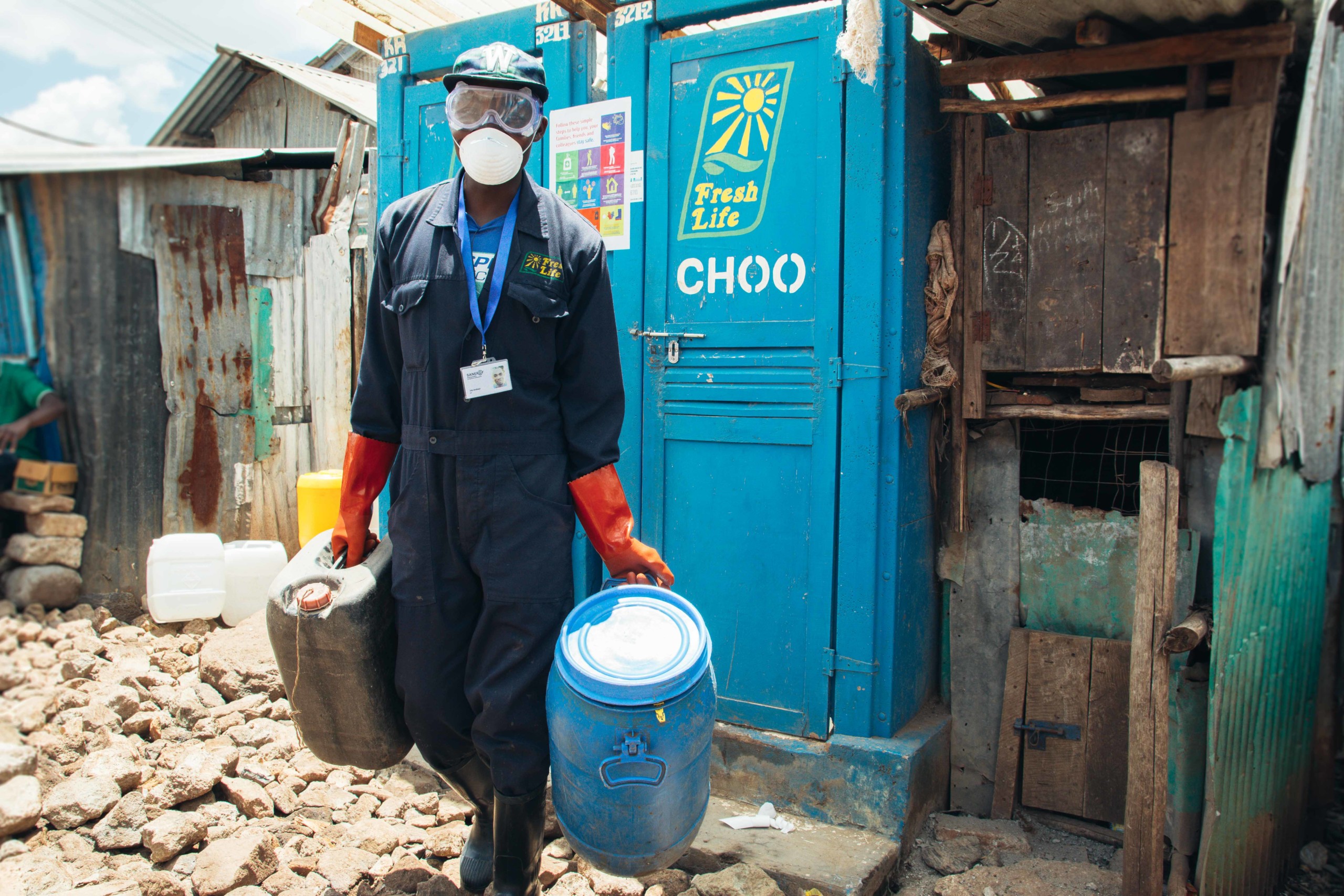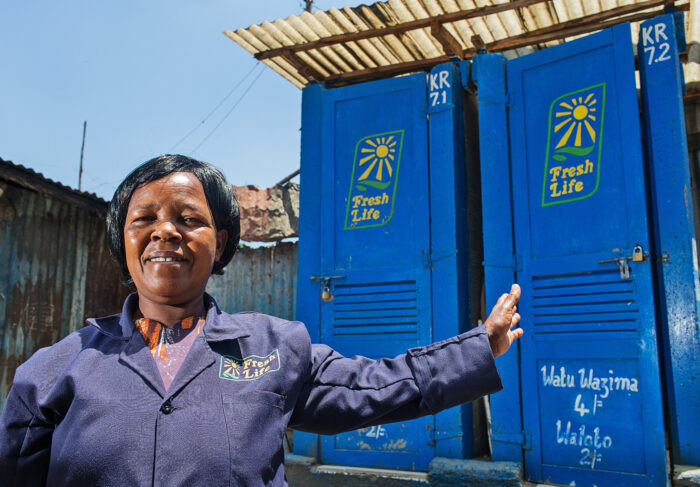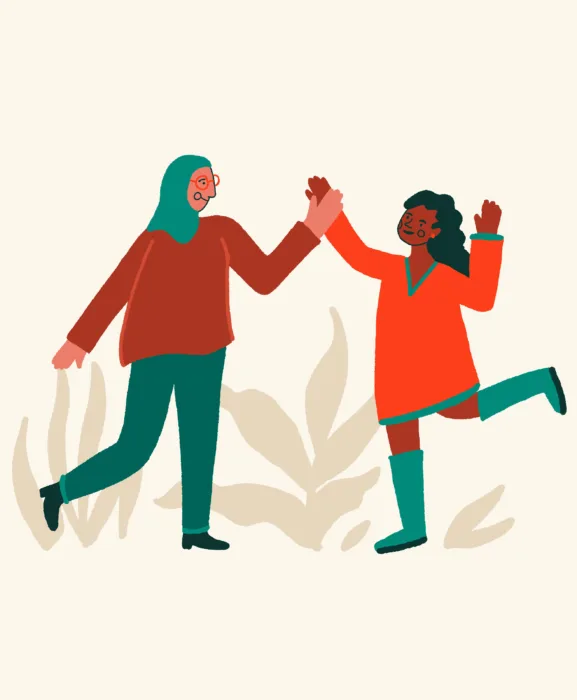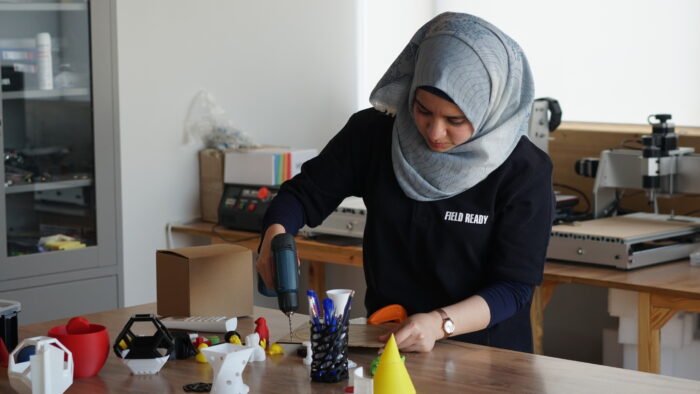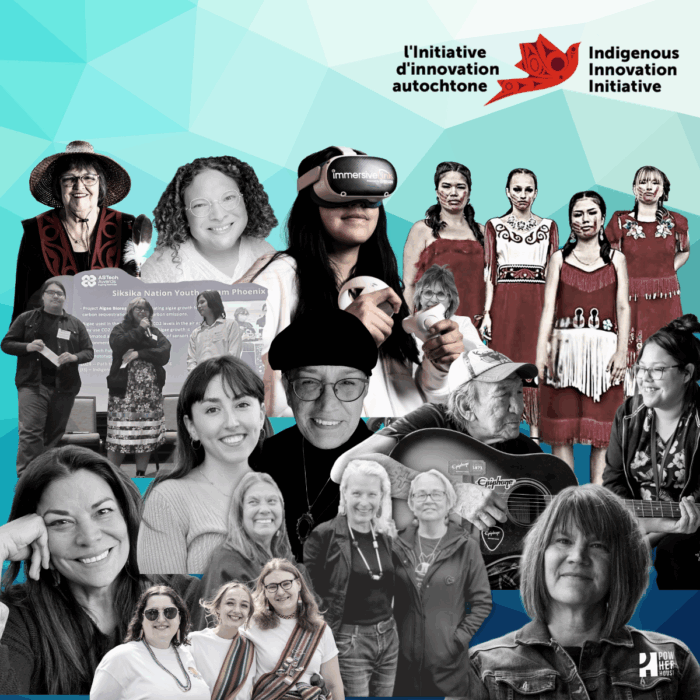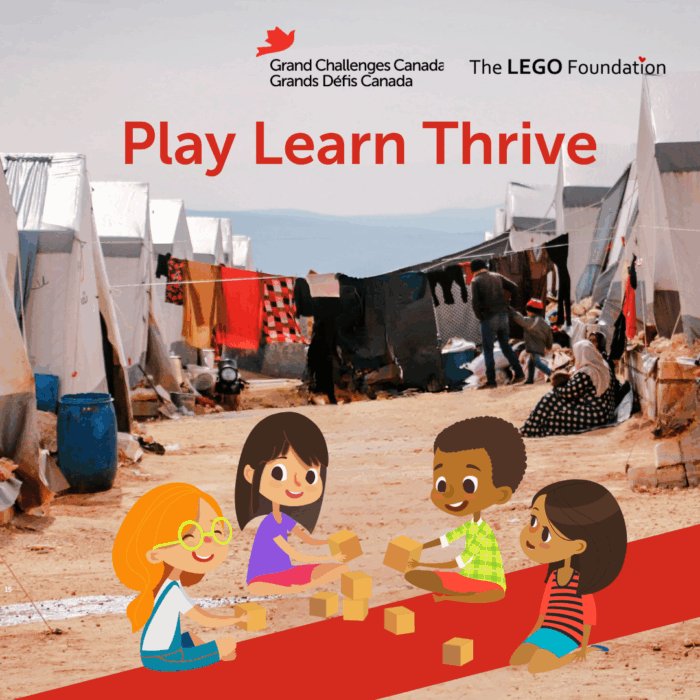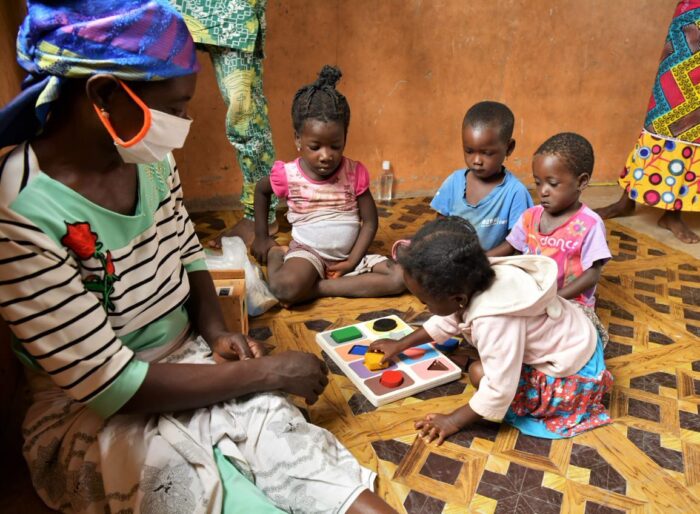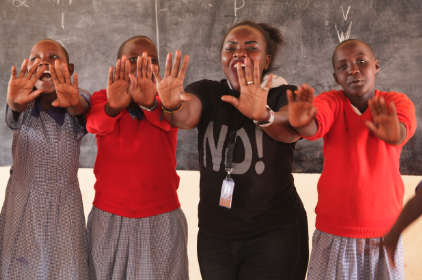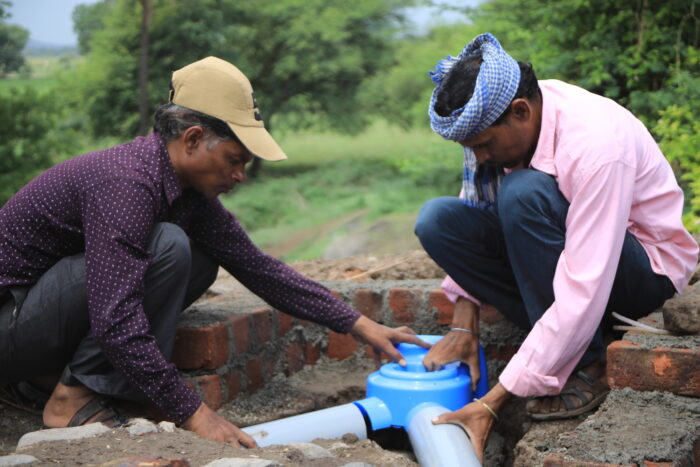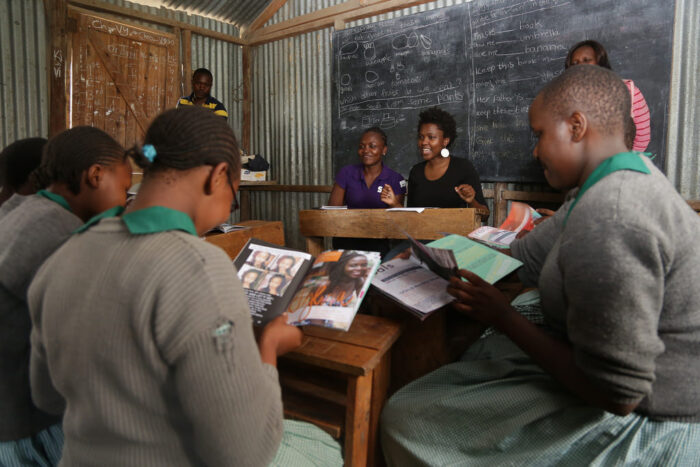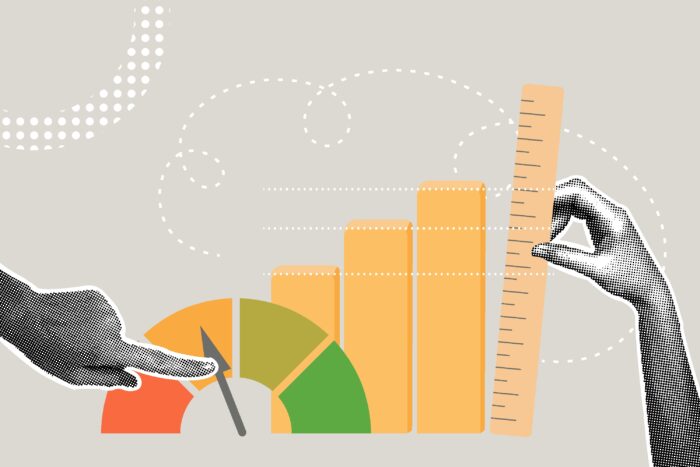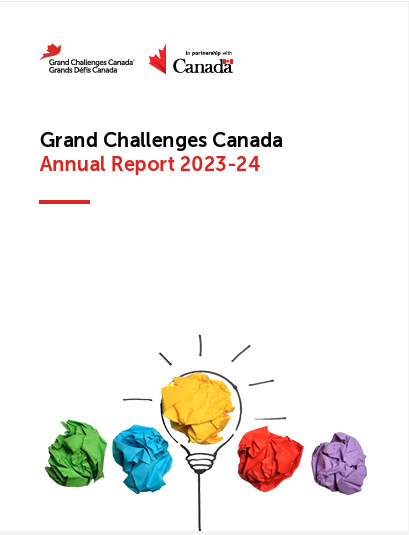By: Karlee Silver and Jocelyn Mackie, Co-CEOs, Grand Challenges Canada
The global COVID pandemic has put unprecedented stress on our mental health and our mental health systems. And now, after a grim two years, the uncertainty of the Omicron variant is pushing Canadians even deeper into feelings of anxiety and depression. As we face another holiday season with rampant increases in COVID cases, and dire warnings of the imminent strain on our healthcare system, it is easy to overlook the devastating impact of the pandemic on our mental health. Results from the Survey on COVID-19 and Mental Health undertaken by the Public Health Agency of Canada and released in June of this year are sobering, 19% of Canadians screened positive for generalized anxiety disorder (GAD) and/or major depressive disorder (MDD) and 6% of Canadians screened positive for posttraumatic stress disorder (PTSD).
For Indigenous communities in Canada, the mental health crisis is not new, and COVID-19 has only added additional strain on an already under-resourced system. Even before the pandemic, Indigenous Peoples experienced up to 11 times higher rates of fear, anxiety, and depression and suicide than non-Indigenous Canadians, particularly among those aged 15-24. COVID-19 has exacerbated these challenges, with 6 out of 10 Indigenous Peoples reporting that their mental health and wellbeing has worsened during the pandemic. Indigenous youth are at a breaking point and are demanding action— their recent march at the Nunavut Legislature is evidence that more must be done.
Canada is fortunate to be home to incredibly skilled and dedicated mental health practitioners and researchers, but the demand for mental health support far outstrips the capacity of the available services. The status quo was not enough to meet the pre-pandemic demand let alone keep pace with the growing crisis resulting from the COVID-19 pandemic.
We know the challenges and they are grand, but what is the solution? The federal government has made an important start by recognizing the extent of this crisis and naming the Honourable Carolyn Bennett as the first Minister for Mental Health and Addictions. In her Ministerial mandate letter, made public on December 16, are calls for action to expand existing programs and introduce new targeted supports.
This is a good start, but incremental solutions, while welcome, are not enough. We need to mobilize and harness the same ingenuity, creativity and urgency that has unleashed a vast array of new health products and services to keep Canadians healthy in the face of COVID-19, to support and improve mental health. We need innovation to address the mental health challenges we face—we need solutions that transform how individuals, families and communities access the mental health care they need and that can turn the tide on our national mental health crisis.
Even smaller community-focused innovations can have big impact. Our country can find inspiration in Grand Challenges Canada-funded solutions like the Friendship Bench developed by a Zimbabwean psychiatrist, which mobilizes lay health workers (in this case grandmothers) to provide cognitive therapy in a cost-effective way to those in need both in the community and via text or online. This innovation, which has been validated through rigorous scientific studies and with impressive results at decreasing depression and suicidal ideation, has scaled across Zimbabwe and other places in the world, including in the Bronx.
We call on the Government of Canada to support a national mental health innovation platform; one that brings together researchers, innovators and practitioners in Canada, both Indigenous and Non-Indigenous, and from around the globe with the resources they need to rapidly prototype, test and bring to scale transformative new mental health innovations. A dedicated component of this platform must be delivered by Indigenous leaders for Indigenous Peoples in a manner grounded in Indigenous ways of knowing & being. Canada needs to support innovative solutions that can deliver mental health care cheaper, faster and better. Our mental health depends on it.
